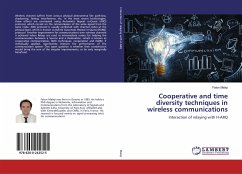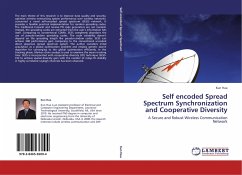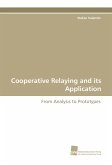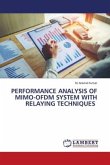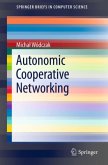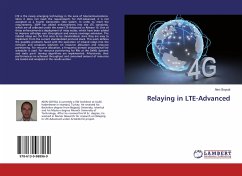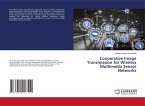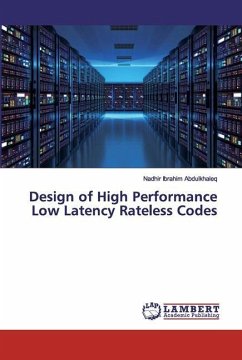Wireless channel suffers from various physical phenomena like path-loss, shadowing, fading, interference, etc. In the most recent technologies, these effects are contrasted using Automatic Repeat re-Quest (ARQ) protocol, which consist on the retransmission of the same signal from the same node. ARQ protocol is usually combined with channel codes at the physical layer, which is known as Hybrid Automatic Repeat re-Quest (HARQ) protocol. Another improvement for communications over wireless channels is achieved when Relays are used as intermediate nodes for helping the communication between a Source and a Destination, which is known as cooperative communication. Both techniques, cooperation and HARQ, if individually applied, significantly improve the performance of the communication system. One open question is whether their combination would bring the sum of the singular improvements, or be only marginally beneficial.
Bitte wählen Sie Ihr Anliegen aus.
Rechnungen
Retourenschein anfordern
Bestellstatus
Storno

